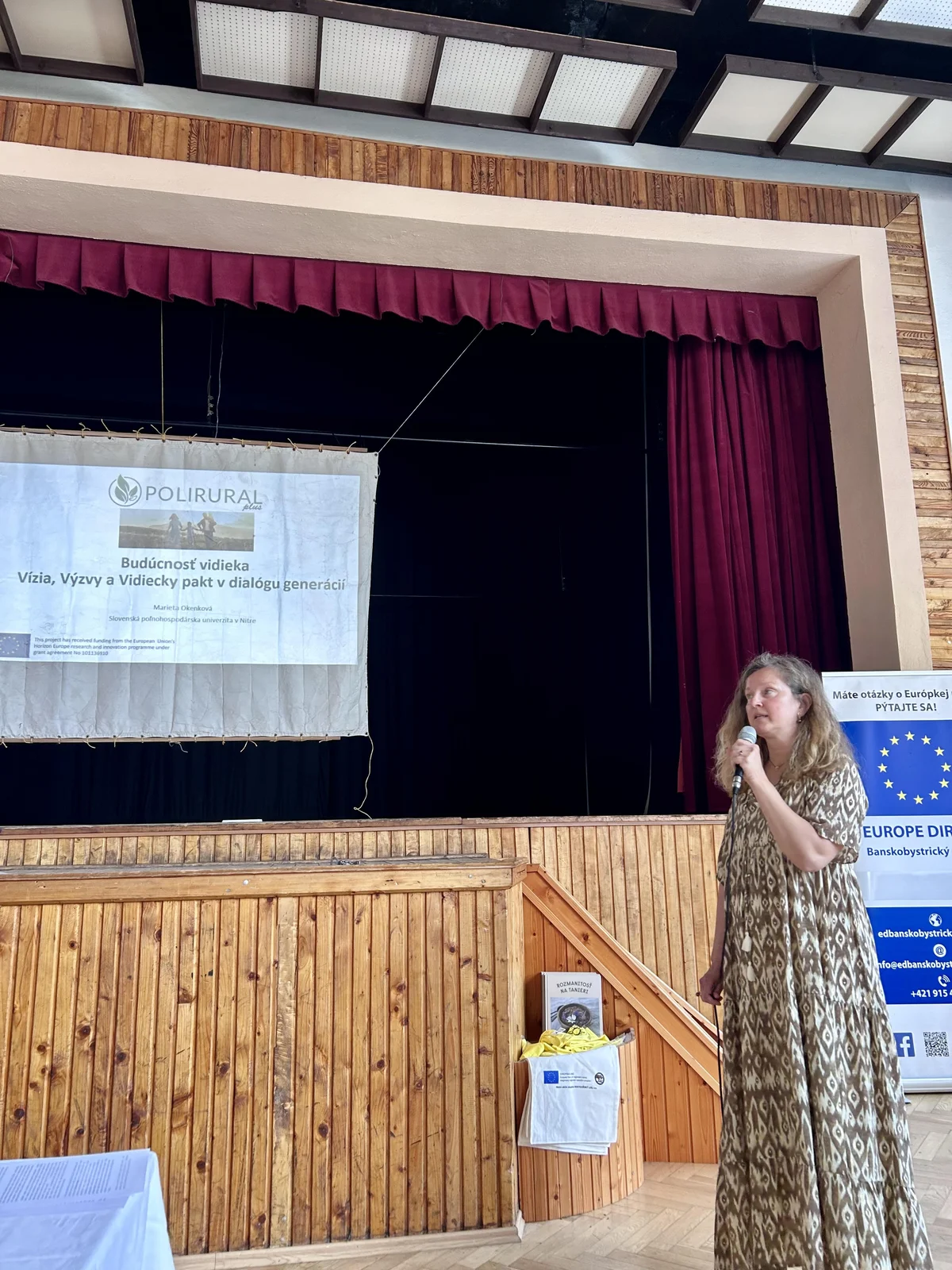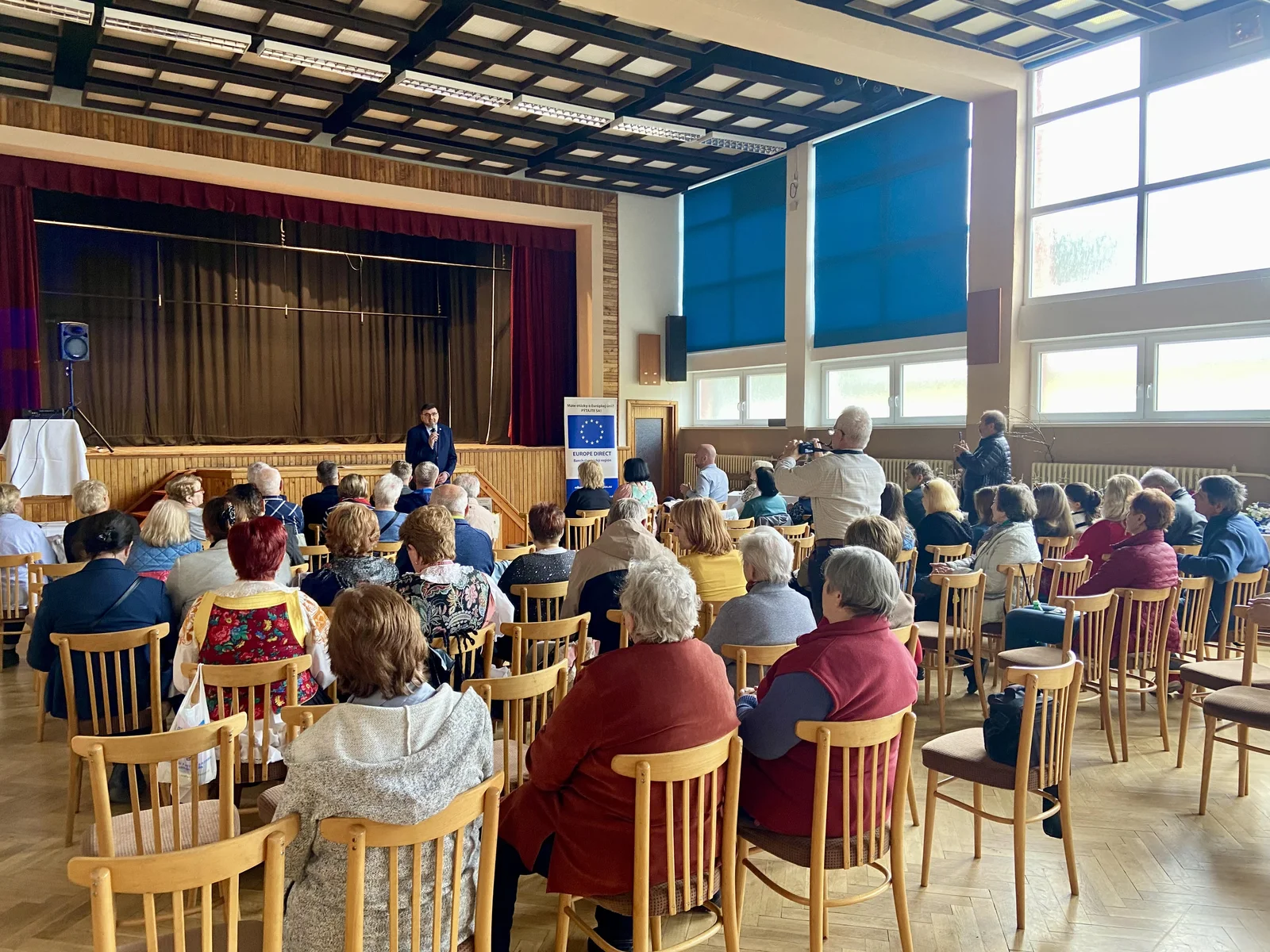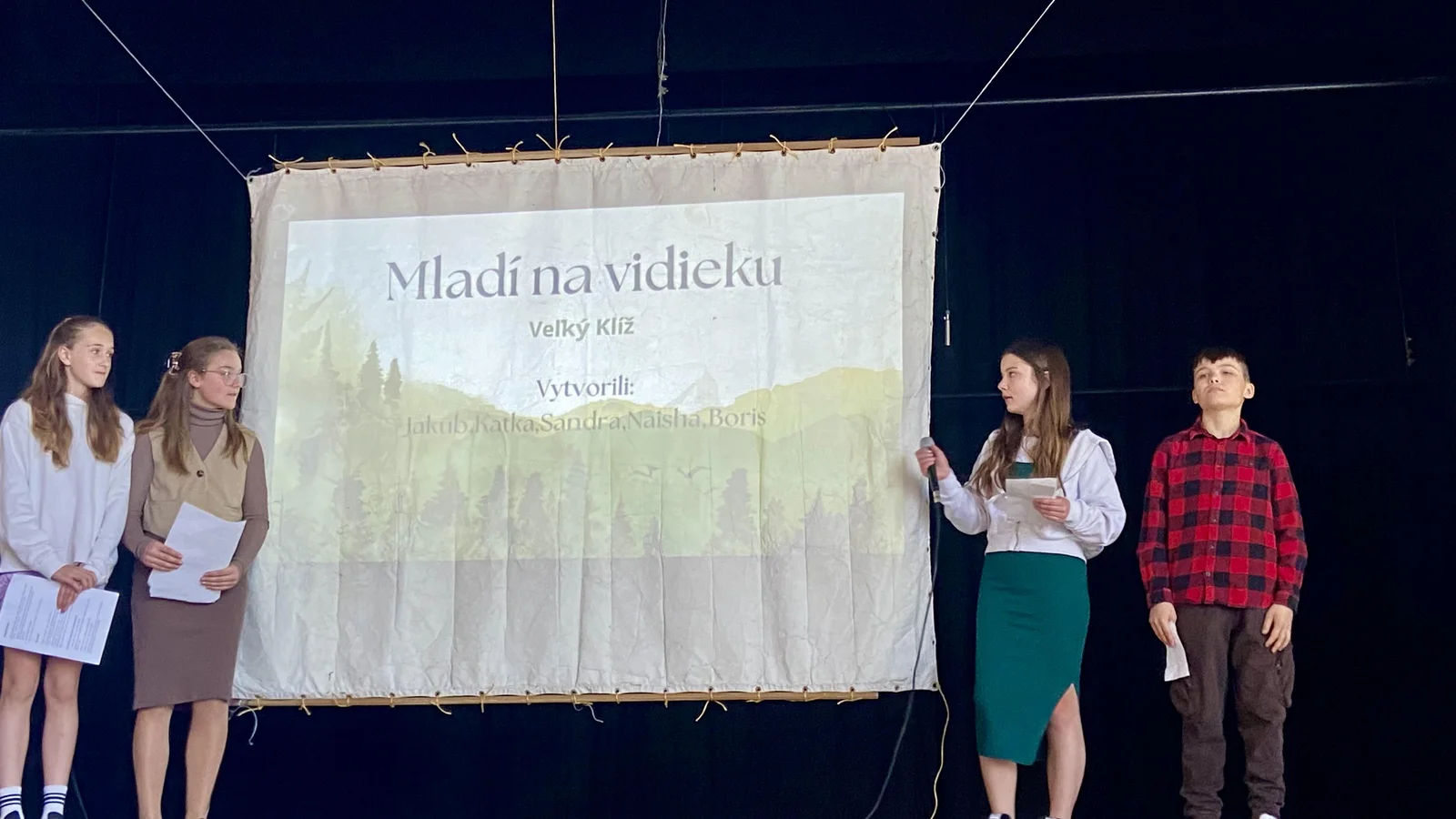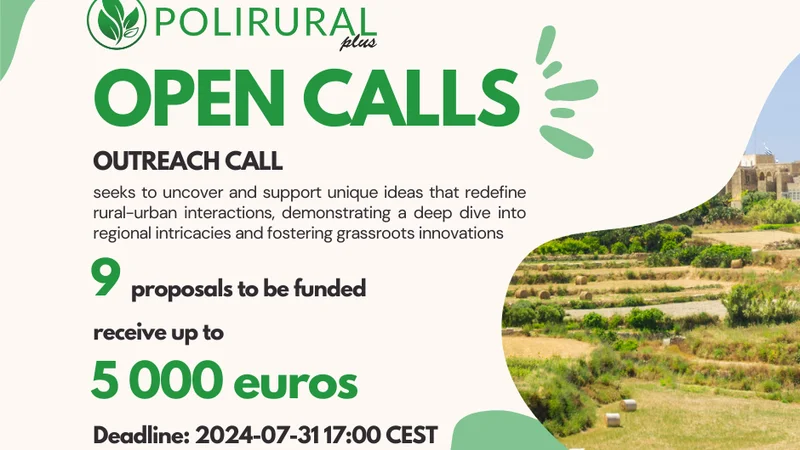The “Rural Areas for All” conference brought together over 100 participants—youth, seniors, professionals, and citizens—to explore how rural areas can become vibrant, sustainable, and inclusive spaces in a changing Europe.
The discussions were framed by several powerful messages:
- “The future of the countryside depends on cooperation – between generations, sectors, and regions.”
- “Dialogue between generations is not just a preatty phrase – it’s the foundation for a shared rural vision.”
- “We believe every voice – young or experienced – has a place at the table where our future is being shaped.”
- “Cities need the countryside as much as the countryside needs cities – their futures are linked.”
Why It Matters
Rural regions are no longer passive recipients of development—they are emerging as drivers of innovation and resilience, closely linked to nearby cities. Events like this are vital for fostering cooperation across generations, sectors, and regions.
Rural areas today face not only internal challenges but also growing interdependence with nearby urban centres. Stronger rural-urban linkages are essential—for food systems, public services, mobility, education, innovation, and resilience.
Fostering balanced and inclusive rural-urban relationships is key to creating smart, sustainable regions. Rural communities must not be viewed in isolation, but as vital contributors to wider regional and national development.
Program Highlights
The agenda featured a dynamic blend of expert insights, youth presentations, and community reflections:
- Juraj Huba (Team Europe) offered a perspective on sustainable rural development within broader EU contexts.
- Students from Klátova Nová Ves impressed the audience with their vision for the future of their village.
- Marieta Okenková (Slovak University of Agriculture in Nitra, PoliRuralPlus) shared insights on “The Future of the Countryside: Vision, Challenges, and the Rural Pact,” stressing the importance of rural-urban collaboration.
- Mária Behanovská (Slovak Rural Parliament) spoke about the often-overlooked role of seniors in rural resilience and innovation.
These diverse voices showcased that a multi-actor, place-based approach is essential for shaping the future of rural regions.
The Rural Pact in Action
The conference reaffirmed support for the European Rural Pact, promoting stronger rural-urban ties and practical tools like the PoliRuralPlus Knowledge Space to:
- Improve mobility and digital access
- Link rural producers with urban markets
- Foster place-based innovation






Existing Comments